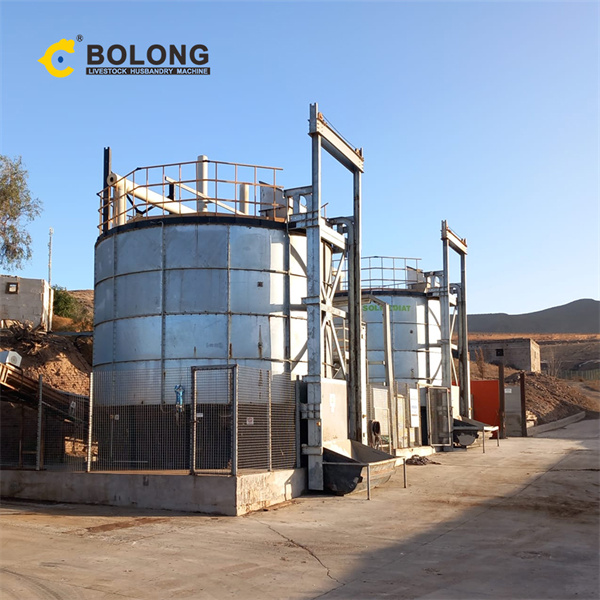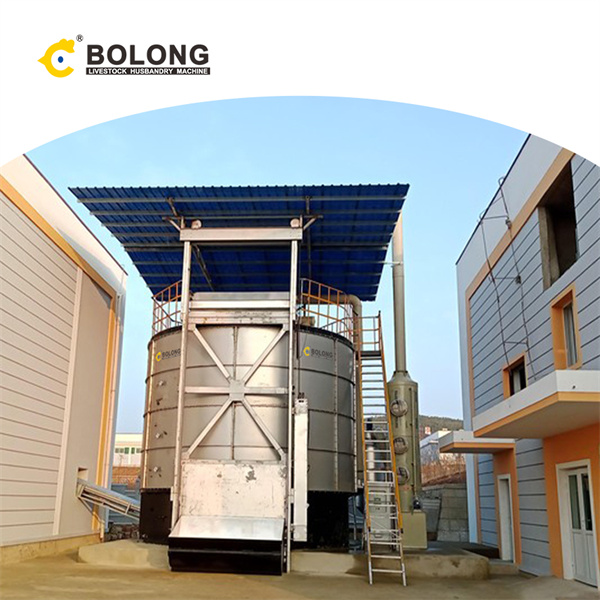Introduction: Reducing the carbon footprint of livestock farming is essential for combating climate change. Livestock fermentation tanks contribute to this goal by managing manure sustainably. This article explores how fermentation tanks help reduce the carbon footprint of livestock farming.

Methane Reduction: Fermentation tanks reduce methane emissions from manure by promoting aerobic composting. This process minimizes the production of methane, a potent greenhouse gas.
Carbon Sequestration: The compost produced by fermentation tanks enhances soil organic matter and promotes carbon sequestration. This process captures atmospheric carbon dioxide and stores it in the soil.
Energy Efficiency: Modern fermentation tanks are designed for energy efficiency, incorporating features such as heat recovery systems. These systems reduce energy consumption and enhance overall sustainability.
Case Study: A dairy farm installed fermentation tanks and observed a 30% reduction in methane emissions. The farm also improved soil health and carbon sequestration, contributing to a lower carbon footprint.

Conclusion: Livestock fermentation tanks help reduce the carbon footprint of livestock farming by minimizing methane emissions, promoting carbon sequestration, and enhancing energy efficiency. These benefits support climate change mitigation efforts.